Crisis Response
If you have an emergency situation, or are with another student in an emergency situation, dial 911. In Chapel Hill, 911 is the access number for all police and EMS related situations, from minor incidents to major emergencies. Do not hesitate to call 911 because you are unsure of whether the situation is serious enough. The operators are trained to make that decision and contact the appropriate response providers.
Any member of the Carolina community seeking consultation about when to intervene on behalf of a student, how to respond to a student in distress, and where to refer students in need of care should contact Counseling and Psychological Services at (919) 966-3658 or the Dean of Students at (919) 966-4042.
Alcohol Poisoning
Critical Signs for Alcohol Poisoning
- Mental confusion, stupor, coma, or person cannot be roused;
- Vomiting;
- Seizures;
- Slow breathing (fewer than eight breaths per minute);
- Irregular breathing (10 seconds or more between breaths);
- Hypothermia (low body temperature), bluish skin color, paleness.
What Should I Do If I Suspect Someone Has Alcohol Poisoning?
- Know the danger signals (see above);
- Turn the person on their side to protect airways in case of vomiting;
- Do not wait for all symptoms to be present;
- Be aware that a person who has passed out may die;
- If there is any suspicion of an alcohol overdose, call 911 for help. Don’t try to guess the level of drunkenness.
What Can Happen to Someone With Alcohol Poisoning That Goes Untreated?
- Person chokes on his or her own vomit;
- Breathing slows, becomes irregular, or stops;
- Heart beats irregularly or stops;
- Hypothermia (low body temperature);
- Hypoglycemia (too little blood sugar) leads to seizures;
- Untreated severe dehydration from vomiting can cause seizures, permanent brain damage, or death.
Even if your friend makes it through the initial incident of alcohol poisoning, an alcohol overdose can lead to irreversible brain damage. Rapid binge drinking (which often happens within drinking games, on special occasions like birthdays, or on a bet or a dare) is especially dangerous because your friend can ingest a fatal dose before becoming unconscious.
Don’t be afraid to seek medical help for a friend who has had too much to drink. Don’t worry that your friend may become angry or embarrassed-remember, you cared enough to help. Always be safe, not sorry.
Resources courtesy of collegedrinkingprevention.gov.
